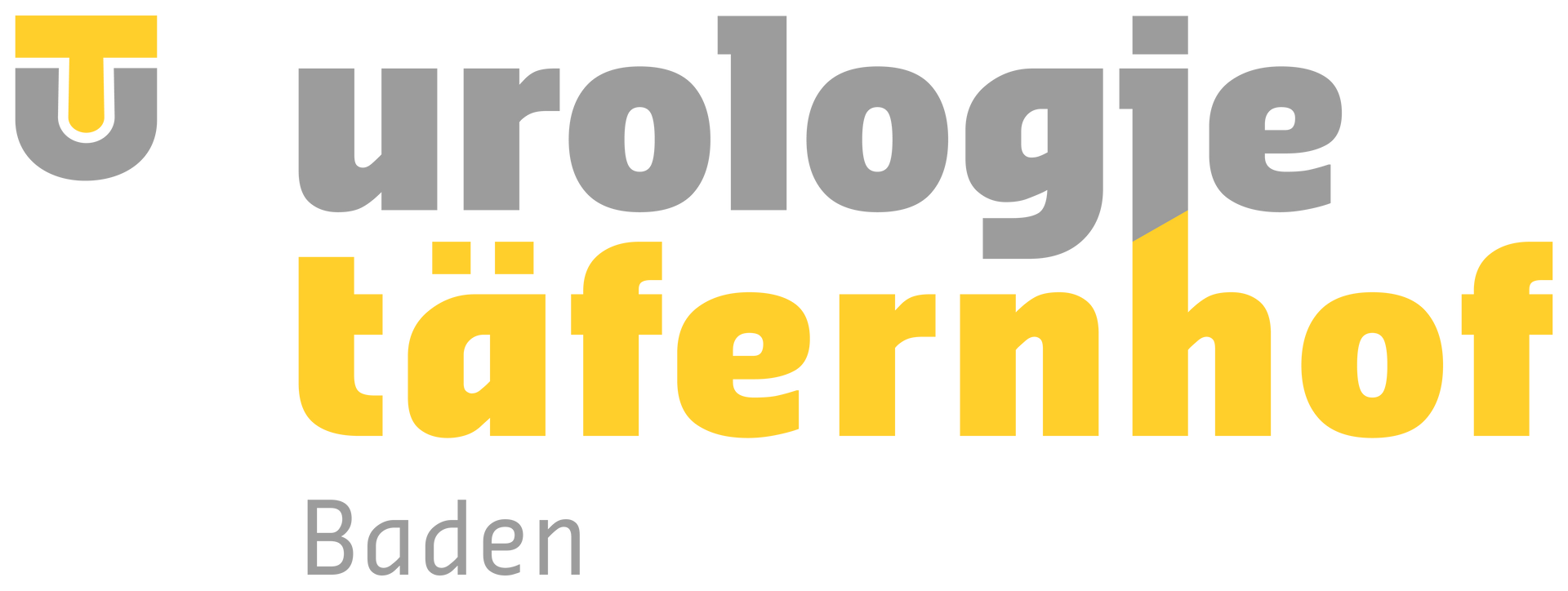SERVICES
Our range of services
In our modernly equipped practice, we offer the full spectrum of outpatient urology.
Our key areas of focus are prostate conditions, diagnosis and treatment of erectile dysfunction, urological issues in women, urinary tract infections, and disorders of the urinary organs in neurological diseases.
We provide support with family planning and perform the outpatient vasectomy (sterilisation) procedure in our practice.
Treatments
Prostate
Men’s preventive examination (prostate cancer, PSA diagnostics)
Urination problems due to benign prostate enlargement
Prostate cancer
Prostate inflammation (prostatitis)
Erectile dysfunction
Bladder and urethra
Urinary tract infections in women and men
STD screening
Bladder tumour / bladder cancer
Bladder dysfunction in men and women
Urinary incontinence in men and women
Disorders of the urinary tract in neurological diseases
Urodynamic functional diagnostics of bladder dysfunction and urinary incontinence (bladder pressure measurements)
Performing percutaneous tibial nerve stimulation (PTNS)
Learning intermittent self-catheterisation (ISC)
Family planning
Evaluation of men with infertility
Vasectomy for men with completed family planning
We perform vasectomies in our practice
More information on vasectomy: www.vasektomie.ch
Kidneys
Kidney stones
Tumours in the kidney or adrenal gland
Infections
Testicles and epididymis
Inflammation
Tumours/testicular cancer
Penis
Phimosis
We perform circumcisions at the Baregg Surgical Day Clinic in Täfernhof
Inflammation
Tumours
Penile curvature
Examinations
Urine flow measurement
Why is a urine flow measurement performed?
A urine flow measurement can detect bladder emptying disorders, such as a weakened urine stream or a change in urine volume. A weakened urine stream can occur, for example, in cases of benign prostate enlargement or urethral stricture and can be objectively assessed using urine flow measurement.
How is a urine flow measurement performed?
To perform the urine flow measurement, the patient is asked to urinate into a funnel. This allows the urine volume per unit of time to be measured during bladder emptying. The measurement data is transmitted directly to a computer and displayed as a flow curve.
What should be considered during a urine flow measurement?
For the examination to be meaningful, it should ideally be performed with a full bladder.
Cystoscopy (Bladder endoscopy)
Why is a cystoscopy performed?
To diagnose conditions affecting the bladder or prostate, it may be necessary to examine these organs directly using a camera. A cystoscopy remains the most reliable method for detecting small bladder tumours.
How is a cystoscopy performed?
First, the urethra is numbed with a gel containing a local anaesthetic. This may cause a slight burning sensation in the urethra. During the cystoscopy, a flexible video camera instrument is inserted through the urethra into the bladder. To allow for a clear internal view, the bladder is filled with sterile saline solution during the procedure, which may create a sensation of urgency to urinate. The examination only takes a few minutes.
Are there any after-effects of a cystoscopy?
Following the procedure, a mild burning sensation when urinating or an increased urge to urinate may occur. In rare cases, the urine may be slightly blood-tinged for a few hours.
Prostate biopsy (Tissue sampling from the prostate)
Why is a prostate biopsy performed?
A tissue sample from the prostate is necessary to confirm or rule out prostate cancer when it is suspected.
How is a prostate biopsy performed?
Before and after the procedure, the patient is given an antibiotic in tablet form to prevent infection. To obtain the tissue sample, the prostate is first visualised using ultrasound by inserting a specially designed ultrasound probe into the rectum. A very fine needle is then used to administer a local anaesthetic to the prostate, which may be felt as a slight prick. Under ultrasound guidance, tissue samples are then taken from the prostate using a specialised needle. Thanks to the local anaesthetic, this procedure is usually not perceived as painful. The collected tissue is sent to a specialised laboratory, and the results are typically available within a few days.
Are there any after-effects of a prostate biopsy?
Following the procedure, slight traces of blood in the stool, urine, or semen may occur, which is harmless. In approximately 1% of patients, despite antibiotic protection, fever and chills (signs of blood poisoning) may develop. If this occurs, it is essential to contact us immediately.
Bladder pressure measurement (Urodynamic Examination)
Operations
Outpatient operations in our practice or in Täfernhof
We perform vasectomy (sterilisation) under local anaesthesia in our practice.
Upon request, a vasectomy can also be performed under general anaesthesia at the Day Clinic Surgery Baregg in Täfernhof.
Circumcisions with a medical indication are carried out at the Day Clinic Surgery Baregg in Täfernhof, either under local anaesthesia with sedation or, upon request, under general anaesthesia.
Operations in our partner hospitals
Endourological procedures: TUR (transurethral resection) of the bladder and prostate
Endourological stone removal (flexible ureterorenoscopy with/without laser disintegration)
Double-J Stent placement for ureteral stenting
Nephrostomy placement for direct kidney drainage
Procedures on the external genitalia: Hydrocele resection, epididymectomy, varicocele sclerotherapy, hemicastration (testicle removal in cases of tumours)
Urethral procedures for strictures
Reconstruction for penile curvature (IPP)
Oncological procedures for prostate, kidney, or bladder cancer (radical prostatectomy, partial/full nephrectomy, cystectomy with reconstruction), robot-assisted using the da Vinci System
Links
Urological societies
Swiss Society of Urology
European Association of Urology
German Society of Urology
Information about urological conditions


